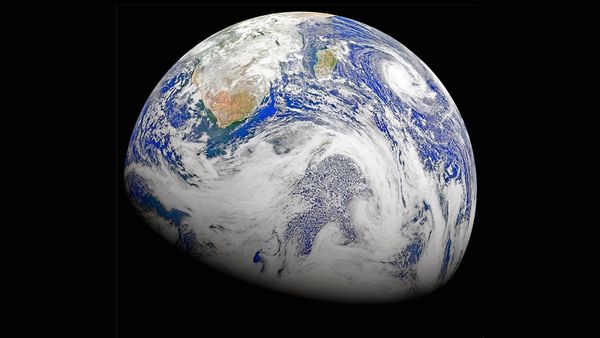What would you do if you found out that all of the trees in your state were scheduled to be cut down? Or your city's main water source was slowly being contaminated? Or maybe that your condo sat atop a toxic waste dump? Would you move? Would you write to your representative in Congress? Maybe you would organize a group to fight the problem and prevent more damage from happening.
Combining the words ecology and feminism, ecofeminism embraces the idea that the oppression of women and the oppression or destruction of nature are closely connected. Elements of the feminist movement, the peace movement and the environmentalist and green movements can be seen in ecofeminism. Activist, educator and author Ynestra King went so far as to call ecofeminism "the third wave of the feminist movement" [source: Sturgeon]. The term was coined in 1974 from the French feminist Francoise d'Eaubonne's work, "Le féminisme ou la mort."
Advertisement
Feminism can be defined as the thought and movement toward the political, economic and social equality of women and men. Ecology is the study of the relationship between human groups and their physical and social environments.
Some people credit the German zoologist Ernst Haeckel as the founder of the science of ecology. Others believe that the real founder of ecology was a woman -- Ellen Swallow. A renowned industrial and environmental chemist, Swallow was the first female student admitted to the Massachusetts Institute of Technology (MIT) and the institution's first female instructor. As a teacher and active ecologist, Swallow concerned herself with educating women about the environment in relation to their homes or homemaking while focusing on monitoring the quality of their water, air and nutrition.
In this article, we'll outline some fundamentals of ecofeminist thought, revisit three defining movements in ecofeminist history and see where ecofeminism is today.
Advertisement







